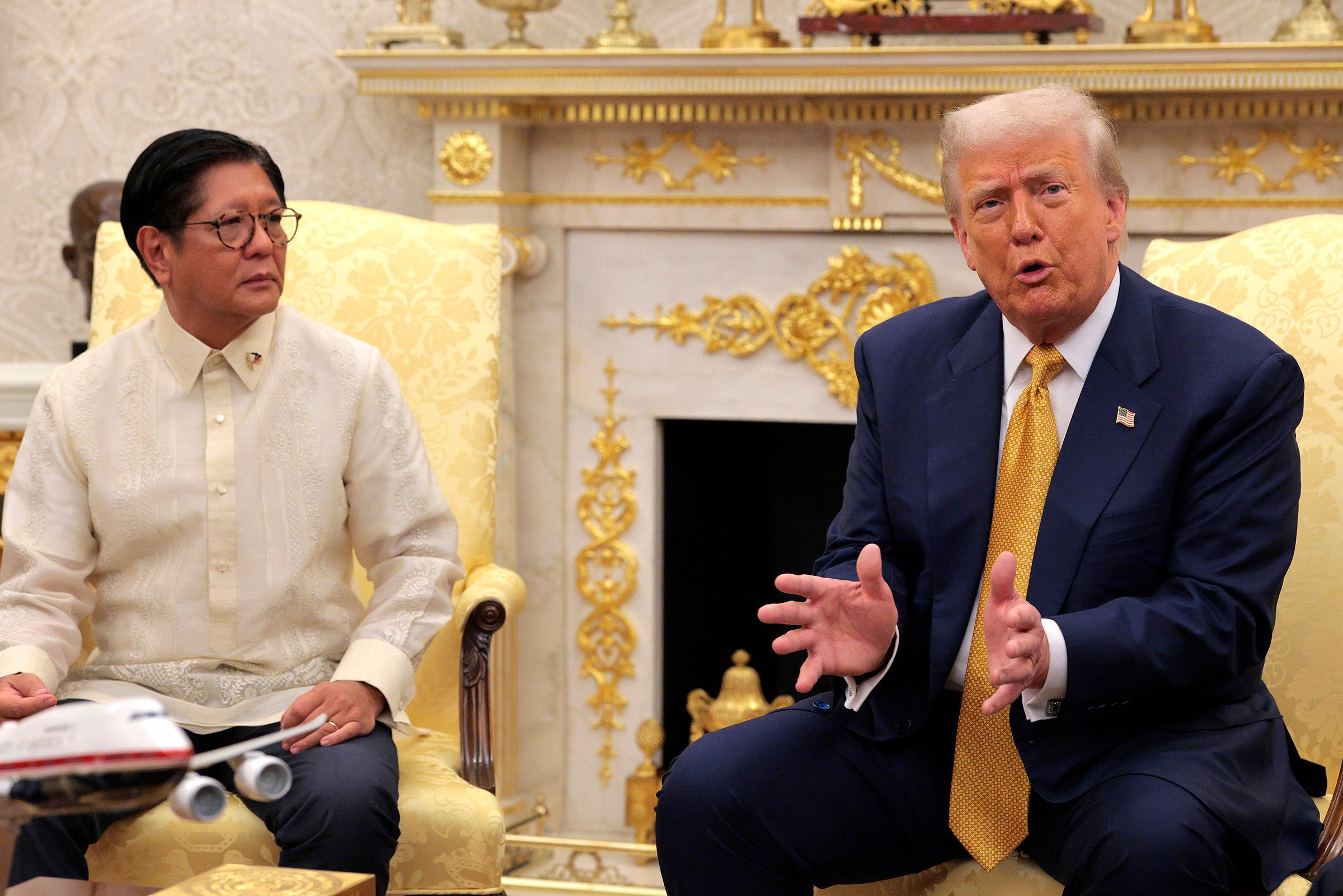US agrees deals with Indonesia, Philippines – but are Chinese firms a step ahead?
Trump secures Indonesian rare earths, boosts military ties with Manila and strikes tariff agreements – but analysts say spillover impact on China to remain limited

The United States has struck new trade deals with Indonesia and the Philippines, in a move analysts say could indirectly undercut China by reshaping regional supply chains and tapping rare earth reserves – even if Beijing is not explicitly targeted.
Still, some analysts warn that efforts to counter China may deliver less than intended results, as Chinese firms are already adapting by localising operations across Southeast Asia.
“Having failed to secure direct wins against China on tariffs and export controls, [the US] has a stronger incentive to contain China in a more indirect manner, and the deals with Southeast Asian countries are examples of that tactic,” said Xu Tianchen, senior China economist at the Economist Intelligence Unit.
But Chinese factories are not as reliant on transshipments as they were five years ago, as they increasingly seek to localise production in Southeast Asian countries, he added.
US President Donald Trump said on Tuesday that he had reached trade agreements with the Philippines and Indonesia.
According to Trump, imports from the two countries will be charged a 19 per cent tariff, while American shipments to the Philippines and Indonesia will not face any duties.
Prior to the deals, Washington had threatened 32 per cent tariffs on Indonesian imports, and 20 per cent on goods from the Philippines.
The US will also continue military cooperation with the Philippines, while Indonesia will supply critical minerals and sign multibillion-dollar deals to purchase Boeing aircraft, American farm products and energy.
However, the US announcement could be exaggerated and needs to be viewed with a pinch of salt, Xu added.
Depending on the gap in tariff rates with China, foreign firms will likely shift their production bases in order to obtain the best access to the US marketJayant Menon, ISEAS-Yusof Ishak Institute
In the US-Indonesia deal, for example, “the real problem with critical minerals is processing capacity – which the US severely lacks – not access to raw materials in Indonesia.”
Rare earths have become a geopolitical and trade flashpoint in recent months, following Beijing’s tightening of export controls in April to assert its dominance over the supply chain – a move widely seen as a response to similar restrictions by the US on the flow of advanced semiconductors, as well as increased tariffs.
Unhandled type: inline-plus-widget {“type”:”inline-plus-widget”}
Indonesia’s rich critical mineral reserves and its downstream processing capacity could make it a rising strategic counterbalance to China in the global tech supply chain – especially as Washington seeks supply chain diversification and resilience.
Jayant Menon, visiting senior fellow at the Singapore-based ISEAS-Yusof Ishak Institute, said that unlike the Vietnam deal – which explicitly includes a different tariff rate on goods perceived as Chinese transshipments – neither of these deals directly targets China, although both could disrupt regional supply chains.
“It will affect the incentive to invest in Southeast Asia to try and avoid prohibitive tariffs proposed for China,” Menon said.
“Depending on the gap in tariff rates with China, foreign firms will likely shift their production bases in order to obtain the best access to the US market.”
Earlier this month, Trump announced a new trade deal with Vietnam, which includes a 20 per cent tariff on Vietnamese exports and a steep 40 per cent duty on transshipped goods – measures that could hit companies reliant on supply chains linking the Southeast Asian country and China.
He Dong, chief economist at the Singapore-based Asean+3 Macroeconomic Research Office (AMRO), said on Tuesday that Beijing should “encourage their firms to become more deeply ingrained or integrated with local economies” in the region.
Chinese businesses should have the autonomy to make long-term decisions about their role in local economies, which would also protect them from unpredictable tariff rates, he told the Post.